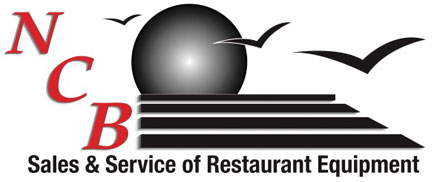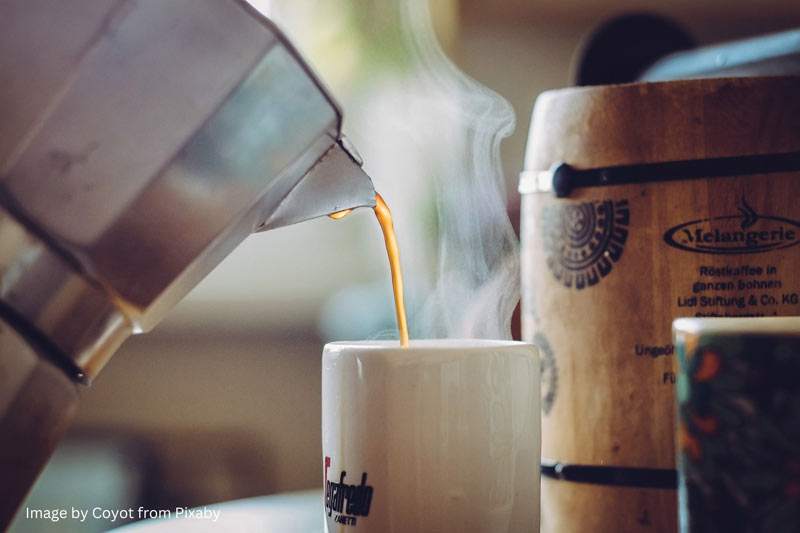With its rich aroma and invigorating taste, coffee has become a daily staple for countless individuals around the world. Whether you prefer a classic drip brew or a fancy espresso concoction, there’s no denying the importance of water in brewing the perfect cup. But have you ever stopped to consider the role of water quality in maximizing the flavor of your beloved coffee?
The truth is, the type of water you use can greatly impact the taste, aroma, and overall experience of your cup of joe. From the source to the filtration method, every aspect of water quality plays a crucial role in brewing perfection. In this guide, we’ll delve into the science behind coffee brewing and explore the key elements of water that can elevate your coffee to a whole new level.
Get ready to unlock the secrets of maximizing coffee flavor through the power of water quality.
The Importance of Water Quality in Coffee Brewing
Water is not just a medium for brewing coffee but a critical ingredient that impacts the flavor, aroma, and overall quality of the final cup. When considering water quality for coffee brewing, it’s essential to understand that not all water is created equal. The minerals, contaminants, and pH levels in water can significantly influence the taste and consistency of your coffee.
High-quality water is free from impurities that can alter the natural flavors of coffee beans. For instance, chlorine and other chemicals commonly found in tap water can introduce off-flavors and detract from the richness of your brew. Using filtered water or investing in a water filtration system can help eliminate these undesirable elements, allowing the true flavors of the coffee to shine through.
Moreover, the temperature of the water during brewing is crucial for extracting the optimal flavors from the coffee grounds. Water that is too hot can result in over-extraction, leading to a bitter taste, while water that is too cold may under-extract, resulting in a weak and sour brew.
In essence, water quality sets the foundation for a great cup of coffee. By focusing on the purity, mineral content, and temperature of the water you use, you can enhance the overall taste and enjoy a consistently delicious coffee experience.
Water Quality Components
When assessing water quality for coffee brewing, several key components come into play. These components include:
- Mineral Content: The presence of minerals like magnesium and calcium enhances flavor extraction. These minerals help in highlighting the unique characteristics of the coffee beans, contributing to a balanced and rich taste.
- pH Level: Water pH can affect the acidity of the coffee. Ideally, a neutral pH of around seven is preferred, as it prevents the coffee from becoming too acidic or too flat, ensuring a smoother cup.
- Total Dissolved Solids (TDS): TDS impacts flavor intensity. Optimal TDS levels, typically between 75-250 mg/L, allow for a fuller extraction of coffee flavors, resulting in a more robust and satisfying brew.
- Chlorine and Contaminants: Filtering out impurities ensures a pure taste in your brew. Chlorine, in particular, can impart unwanted chemical flavors, so using filtered or bottled water can significantly improve the overall quality of your coffee.
In addition, the temperature of the water used for brewing should also be considered. Water that is too hot or too cold can negatively affect the extraction process, leading to an over-extracted or under-extracted cup. For the best results, water should be heated to around 195-205°F (90-96°C). Ensuring these factors are balanced can help you achieve the perfect cup of coffee every time.
Factors to Consider When Assessing Water Quality for Coffee Brewing
When evaluating water quality for coffee brewing, it’s essential to consider several factors that can impact the taste and quality of the final brew. These factors include:
- Source of Water: The origin of your water supply determines its mineral content and purity. Spring water, for instance, may have a balanced mineral profile, while tap water may contain chlorine or other additives that can alter the taste.
- Water Hardness: Hard water can affect flavor and create scale buildup in your machine. Excessive minerals like calcium and magnesium can lead to bitter notes in the coffee and reduce the efficiency and lifespan of your brewing equipment.
- Water Filtration: Filtered water enhances clarity and taste by removing impurities such as chlorine, heavy metals, and sediments. This ensures that the natural flavors of the coffee are not masked by undesirable elements.
- Consistency: Maintaining consistent water quality is key for reproducible results. Regularly testing and adjusting water parameters helps achieve a stable brewing environment, ensuring each cup of coffee meets your taste expectations.
- Temperature: The temperature of the brewing water is also crucial. Water that is too hot can over-extract the coffee, leading to bitterness, while water that is too cool can under-extract, resulting in a weak and sour flavor. The optimal brewing temperature is typically between 195-205°F (90-96°C).
Balancing these factors will help you achieve the best possible flavor and quality in your coffee.
How Water Chemistry Impacts Flavor Profiles
The chemical composition of water interacts with coffee beans during brewing, influencing flavor profiles. Key points to consider include:
- Minerals: Minerals like calcium catalyze flavor extraction, enhancing the coffee’s complexity.
- Acidity: Water pH affects coffee acidity, balancing its brightness.
- Bitterness and Astringency: Certain minerals can cause bitter flavors, which may overwhelm subtler notes.
- Extraction Efficiency: Water chemistry influences the brewing process, impacting how thoroughly flavors are extracted.
Additionally, water temperature and brewing time also play crucial roles in the extraction dynamics.
Best Practices for Optimizing Water Quality in Your Coffee Machine
To optimize water quality in your coffee machine and enhance flavor, implement these best practices:
- Use Filtered Water for a purer brew.
- Monitor Water Hardness to prevent scale buildup.
- Adjust Brewing Parameters for desired flavor profiles.
- Regular Maintenance ensures optimal performance.
- Consider Specialty Water tailored for coffee brewing.
Start Brewing
Water quality is a crucial yet silent ingredient in coffee brewing. By prioritizing water quality, you enhance flavor and achieve brewing perfection. Begin by evaluating water components to experience the impact on your brews. Elevate your coffee experience through optimized water quality today!
Ready to craft exceptional coffee experiences? Visit our blog to learn more and start brewing perfection!



